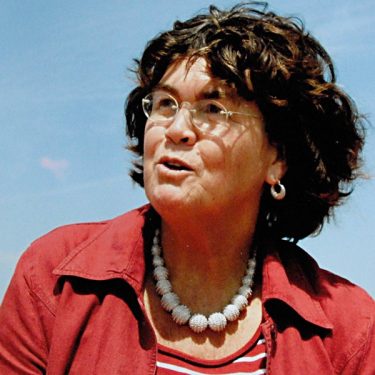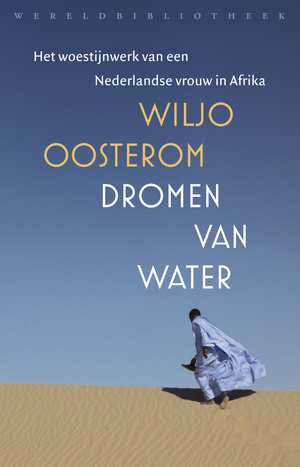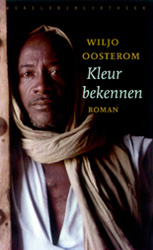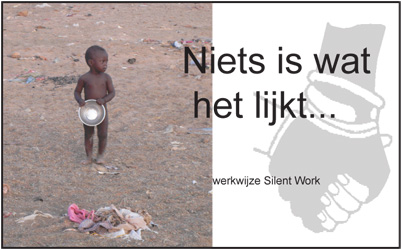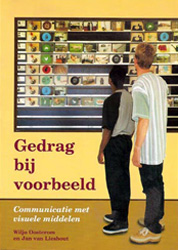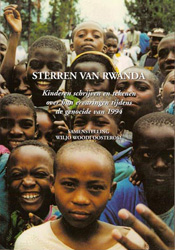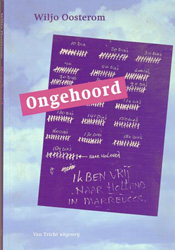Already as a young child Wiljo Oosterom (1946) was drawn to everything related to Africa. At Sunday school she crafted a mud hut with thatched roof and dreamed that she later would live in it.
But before that happened, she first raised 18 children together with her husband Cor, some of whom were deaf and multiple disabled. For almost 25 years they were family home parents under the umbrella of Social-agogic Center ‘Het Burgerweeshuis’ in Amsterdam.
Wiljo developed a communication method that combined visualization with simple sign language and graphic stories to expand the children’s perception. Their possibilities to enter into relationships with each other and the outside world grew.
Wiljo and Cor turned the family home into a farm project with a work / learning program. To this day, it offers a place to children who are deaf or communicatively and / or intellectually challenged. They work in the bakery, cheese factory, spinnery and weaving workshop, garden, carpentry workshop or with animals.
After that she worked for many years as a communication specialist at Effatha. Her mission: to improve the communication of and with the children in families and in institutions for children with disabilities.
Africa
After her husband passed away (1990) Wiljo renewed her first intensive contact with Africa (in 1980) and this resulted in an intensive alliance with the West-African part of the continent. In the meantime, her ties with many people in Senegal, Mauritania and and other African nations such as Rwanda, lead to sustainable projects in all sorts of domains, with a continuous focus on ‘the forgotten children’.
She is also involved with Deafnet, Center of Knowledge for Africa. This organization brings about meetings, support and knowledge exchange for deaf people in Africa. 49 African countries are now connected.
Books
Wiljo already has several books to her name. The third novel ‘Dreaming of water’ tells about the desire and obstacles of the Peulh tribe to extract water in the Sahara. About how Wiljo Woodi tries to achieve that dream together with them. And about the stifling bureaucracy, the lack of money, the opposition of authorities, the threat of terror, disagreement in their own ranks. With a lot of empathy and a healthy sense of humor, Wiljo Oosterom shows that what she loves is often in conflict with the values and norms that have shaped her here in the Netherlands. But she also shows how perseverance and belief in one’s own ability can lead, step by step, to the improvement of that world.

